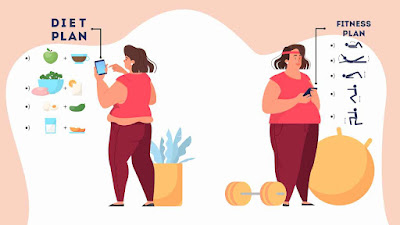Introduction
Weight loss is a common goal for many people, but it can often seem like a complex and overwhelming process. In order to achieve successful weight loss, it is important to understand the basic principles of energy balance. Energy balance refers to the balance between the energy you take in from food and drinks, and the energy you use through physical activity and daily living.
Energy Intake and Energy Expenditure
Energy intake refers to the amount of energy you take in from food and drinks, while energy expenditure refers to the amount of energy you use through physical activity and daily living. When energy intake exceeds energy expenditure, this results in a positive energy balance, and weight gain can occur. Conversely, when energy expenditure exceeds energy intake, this results in a negative energy balance, and weight loss can occur.
The Role of Energy Balance in Weight Loss
In order to achieve weight loss, it is necessary to create a negative energy balance, meaning that energy expenditure must exceed energy intake. This can be accomplished by reducing calorie intake, increasing physical activity, or a combination of both.
Maintaining a Healthy Energy Balance
While it is important to create a negative energy balance for weight loss, it is also important to maintain a healthy energy balance for overall health and well-being. This means finding a balance between energy intake and energy expenditure that allows for steady, gradual weight loss, while still meeting the body's energy needs.
In conclusion, understanding energy balance is essential for achieving successful weight loss. By creating a negative energy balance and maintaining a healthy balance between energy intake and energy expenditure, you can support your weight loss goals and improve your overall health and well-being.
